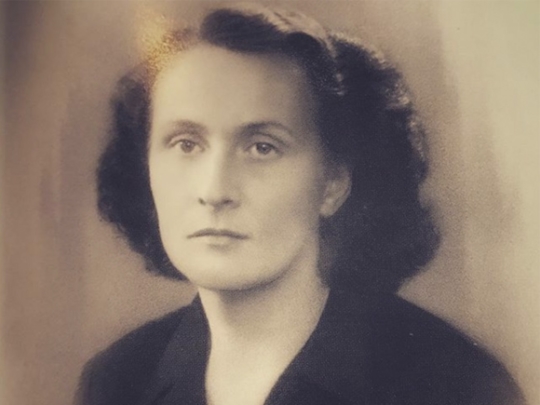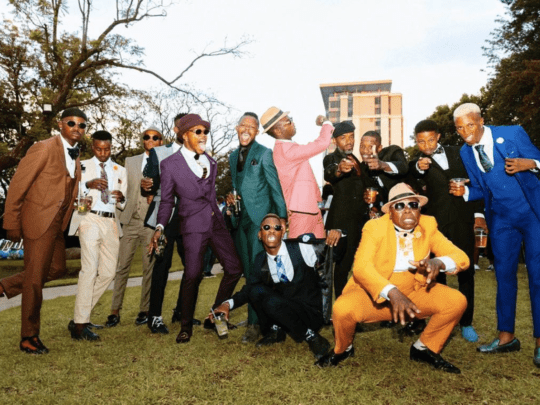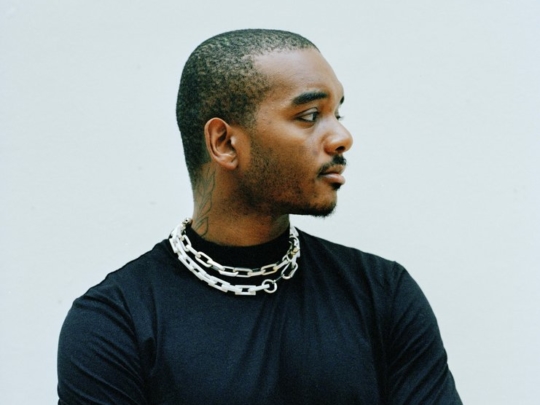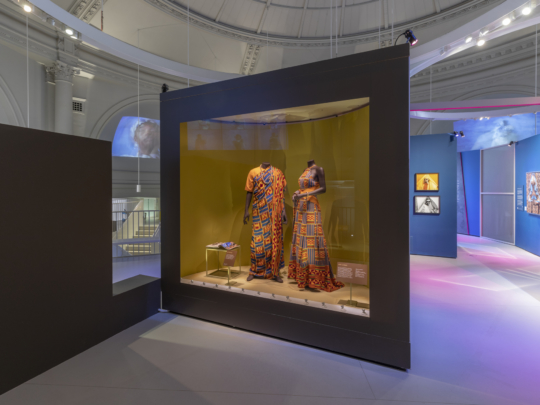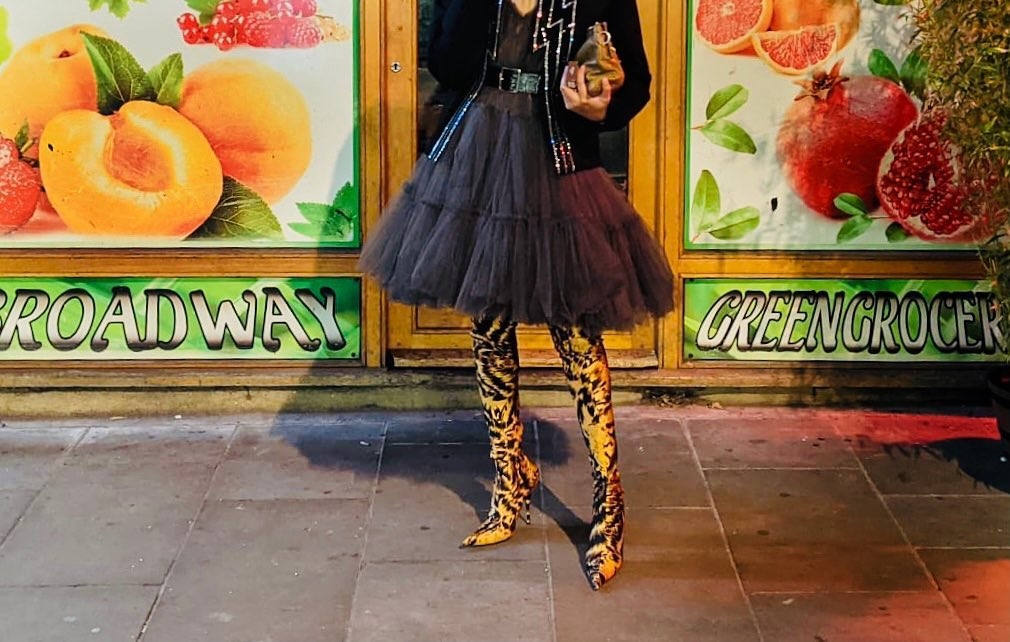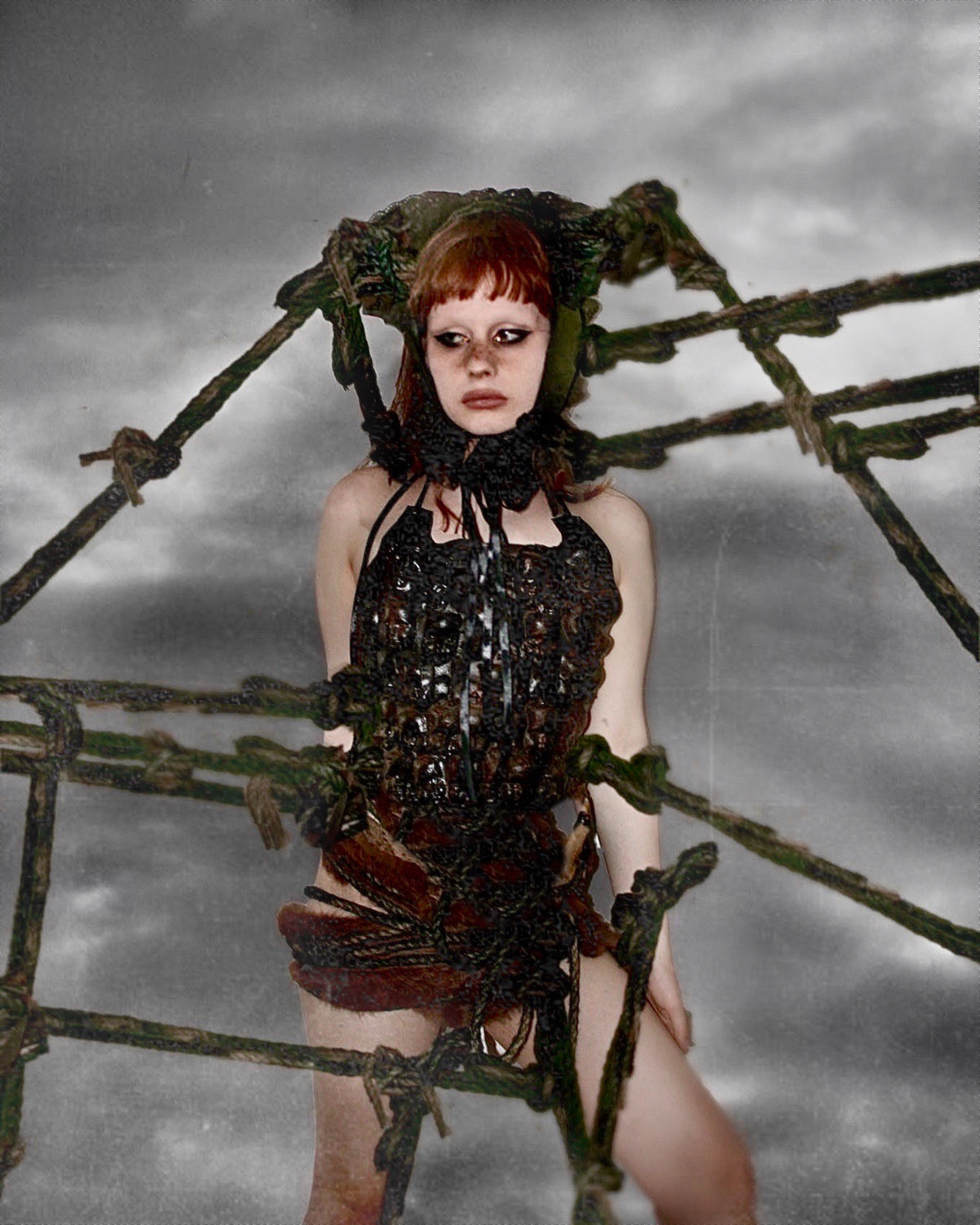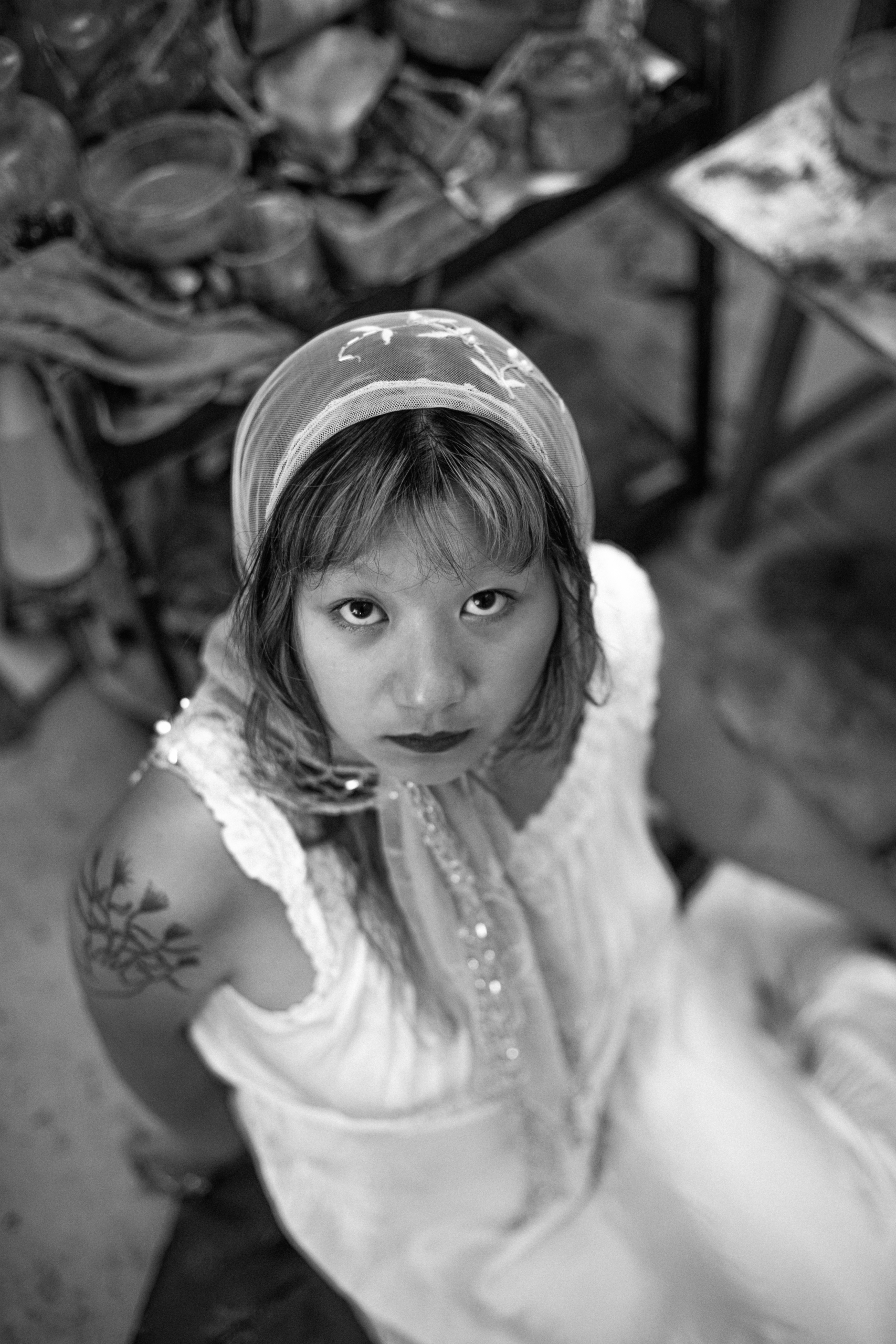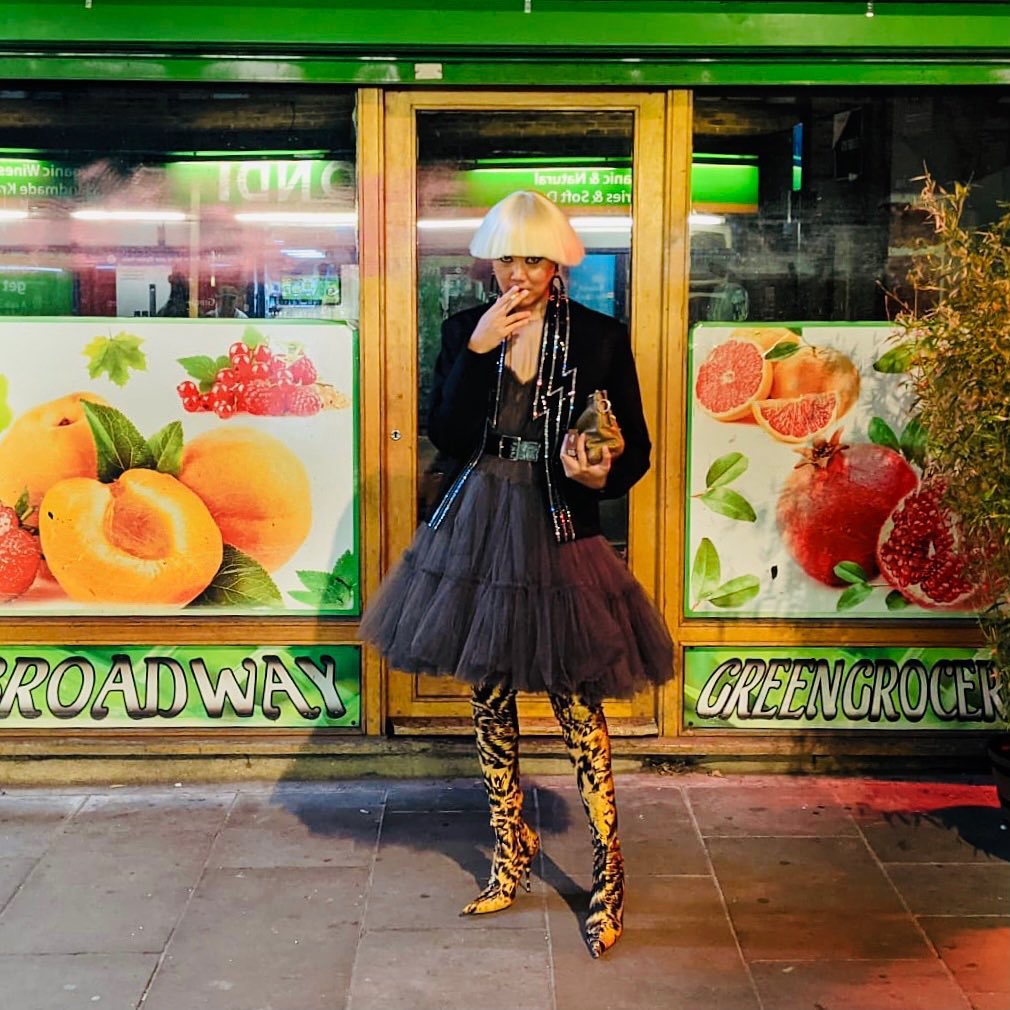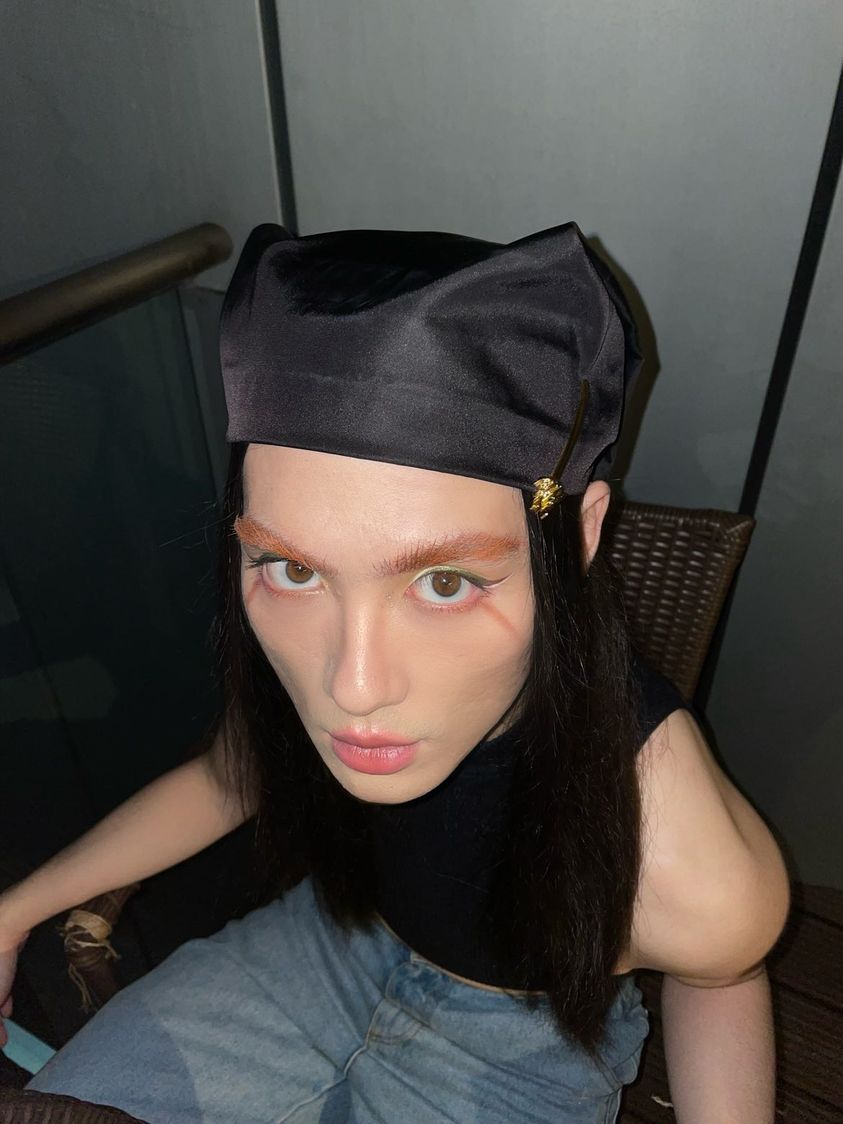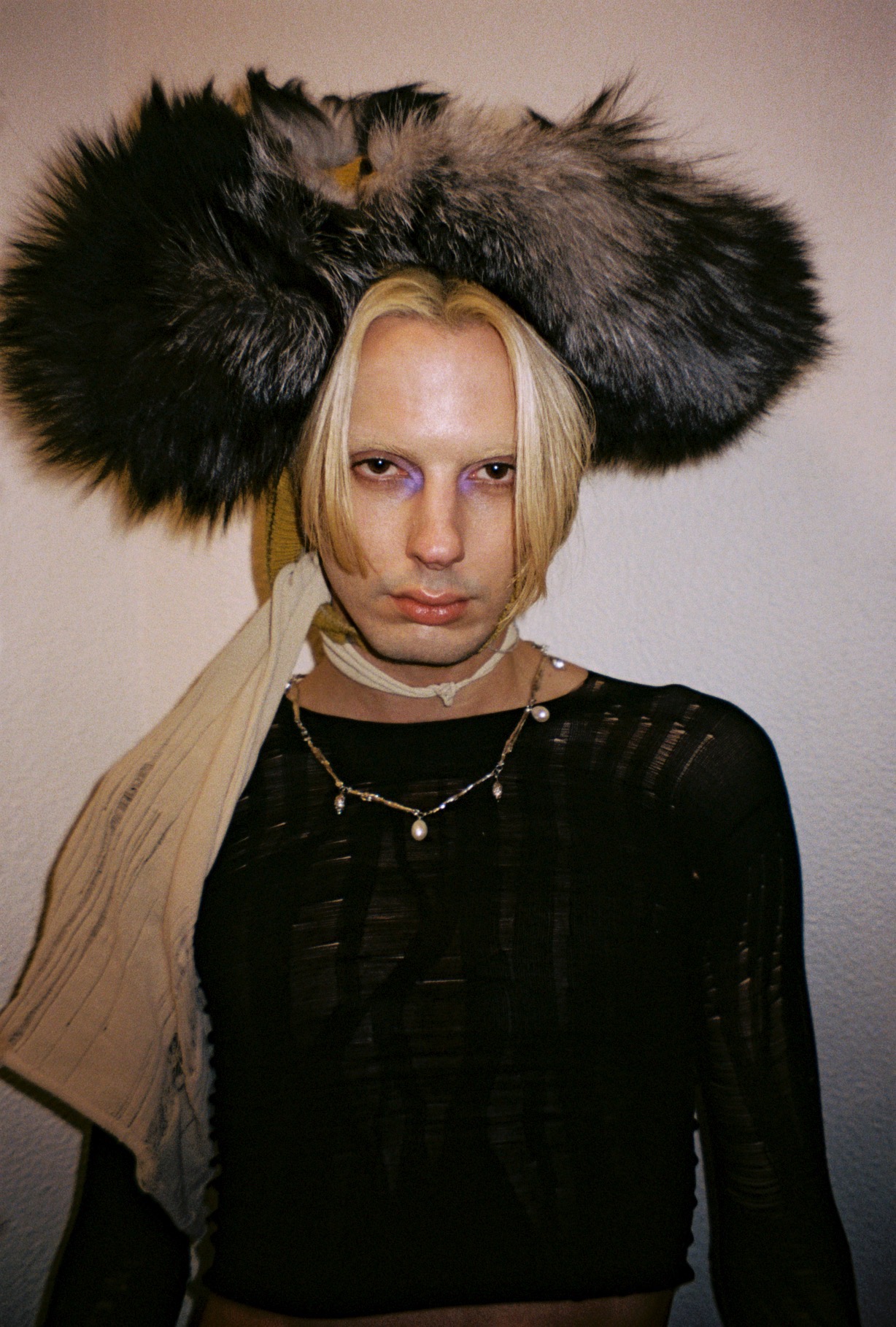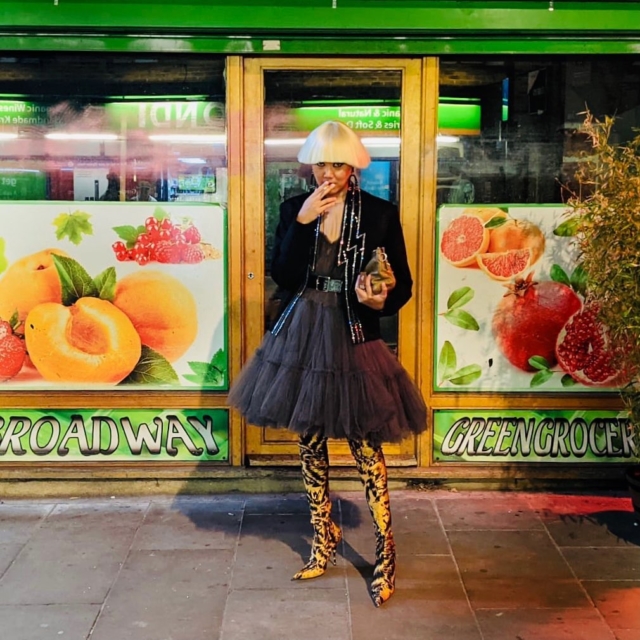It would seem we are in the midst of a spiritual renaissance. I can’t count the number of friends who carry crystals in every available pocket, who burn manifestation candles during all manner of crises and who blame relationship mishaps on the whims of the zodiac. And, if the torrent of TikTok tarot readings and manifestation mantras are anything to go by, the zest for the spiritual is alive and kicking far beyond the confines of my friendship group.
As an essential aspect of spiritual practice, connecting to your intuition is a trend on the up. Intuition is (by definition) tricky to define, but it could be described as a knowing that cannot be rationally explained; more of a feeling than a thought. Advocates of ‘going with your gut’ claim that it can help us to connect with our true selves and desires, which explains why it has cropped up in so many of the self-care trends en vogue. From intuitive eating, which encourages followers to ditch rigid diets and reconnect with their natural hunger cues, to intuitive movement – the practice of listening to how your body wants to move rather than forcing 20 thankless crunches – we are finding more and more ways to connect with our inner voice.
For me, intuition came knocking when the pandemic changed how we dress. Lockdown meant the practicality and physical comfort of pyjamas came up trumps over style. However, over time, I found that getting dressed – or not, as it were – was affecting my mental health, and I was far from alone. With many of us still working from home on the daily, without practical need to get dressed beyond throwing on the nearest sweatpants, many have been left feeling disconnected from their identity.
The answer? Invite intuition into our wardrobes next. By paying close attention to what we feel like wearing – rather than what we think we should wear – we can become less connected to the perception of others and tune in with ourselves. Maybe people think our perfectly layered subversive-basics look or Euphoria-inspired neon eye makeup is too much for a morning walk. The trick is learning not to care.
I spoke to five people with a singular sense of style to find out about their dressing ritual and its role in their self care practice. From listening to music to get you in the right mood to dressing for celebration and refusing to be mediocre, here’s how to transform the ritual of getting dressed into a zen moment of self-discovery.
